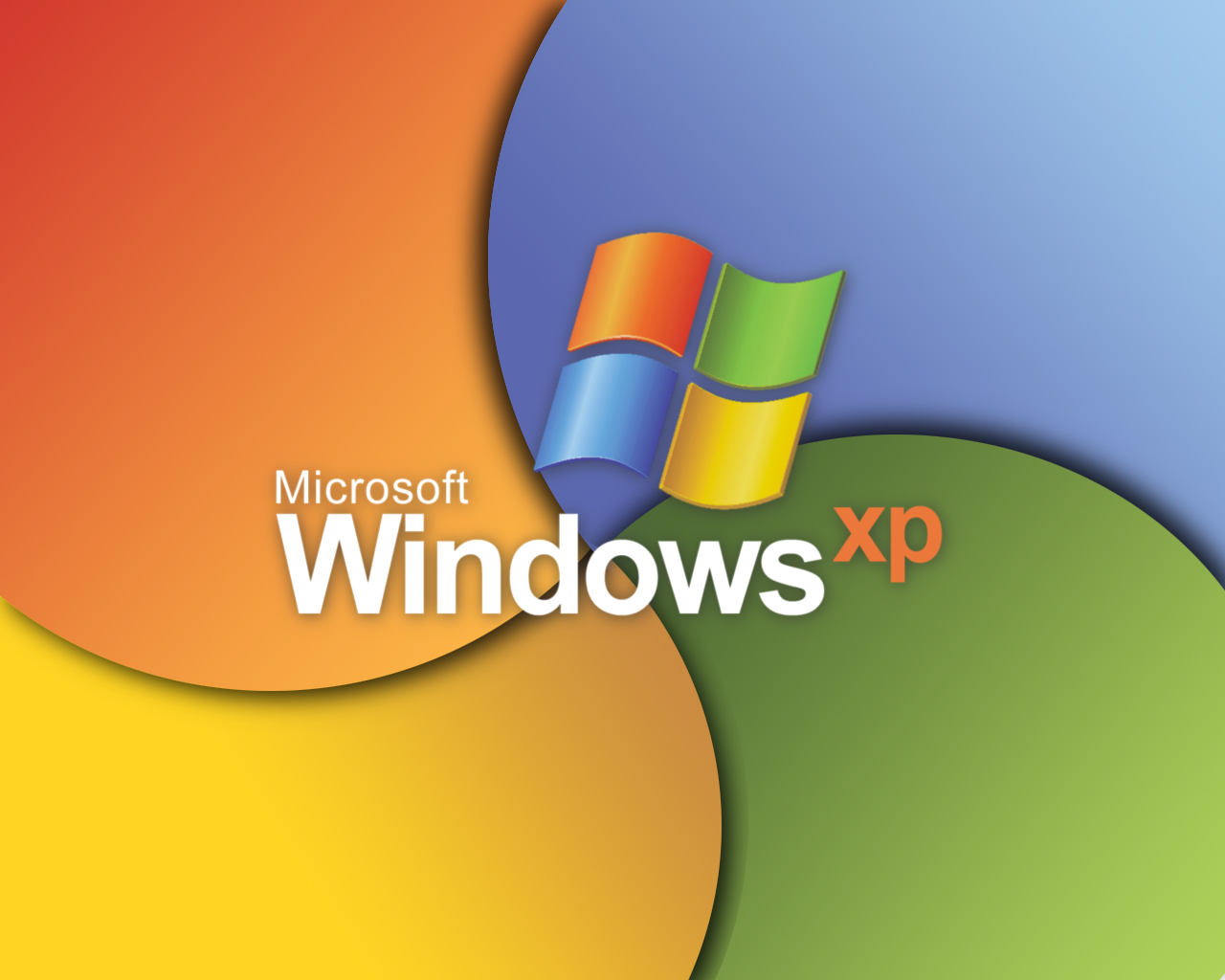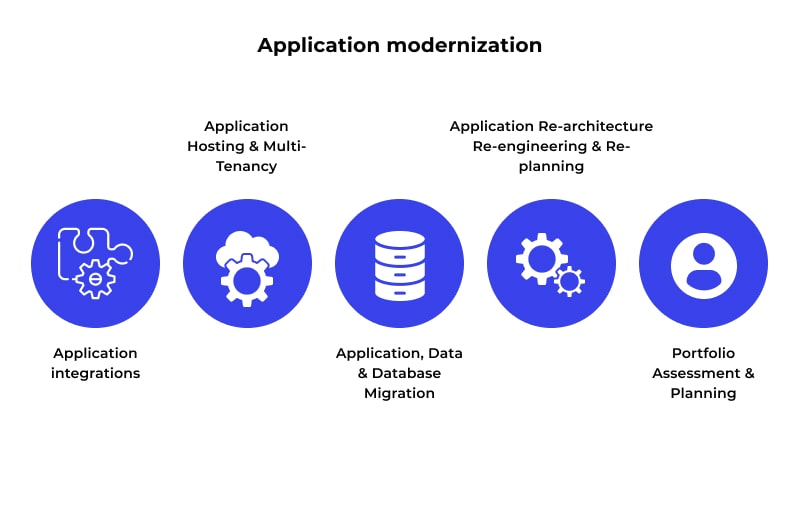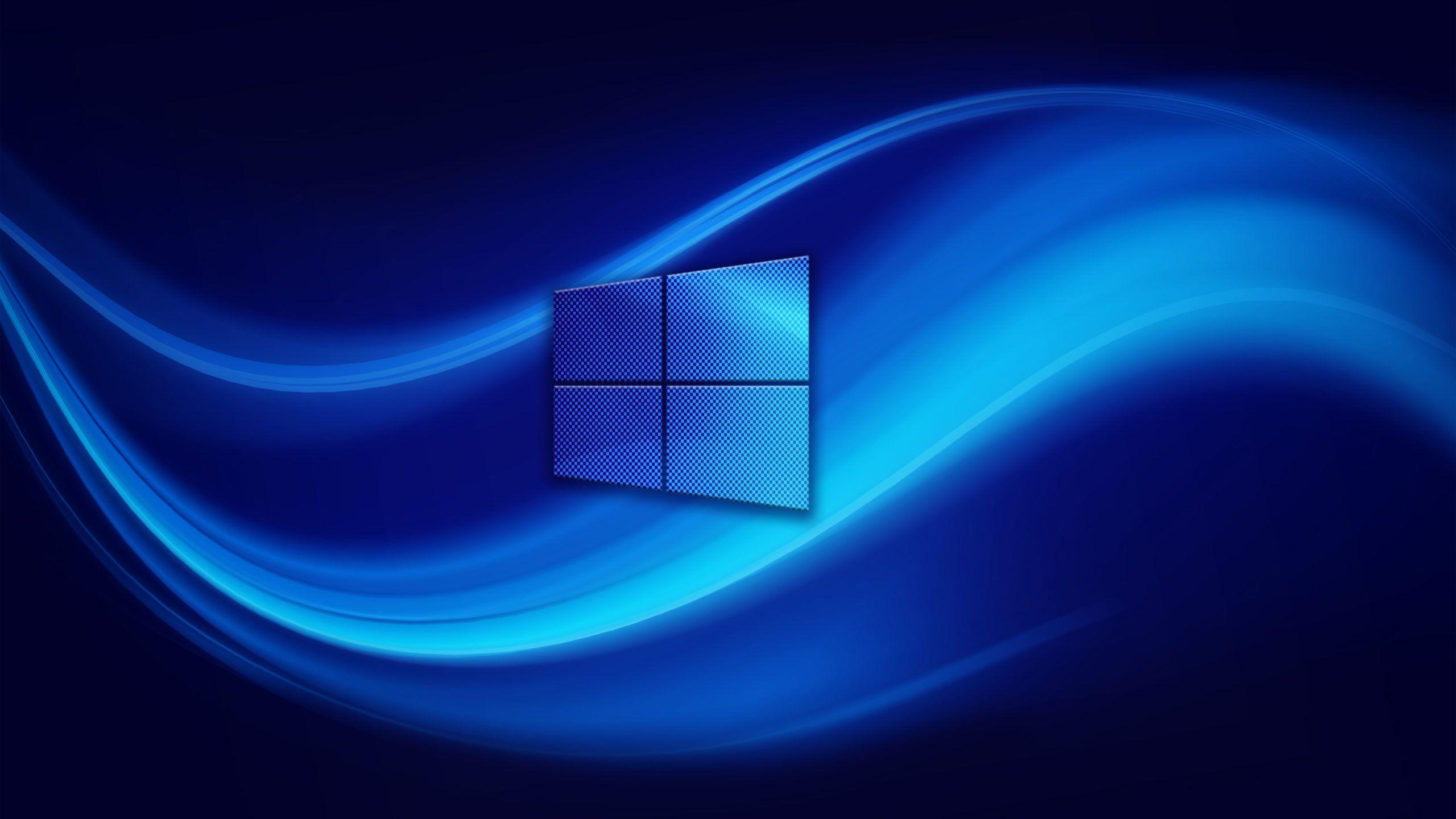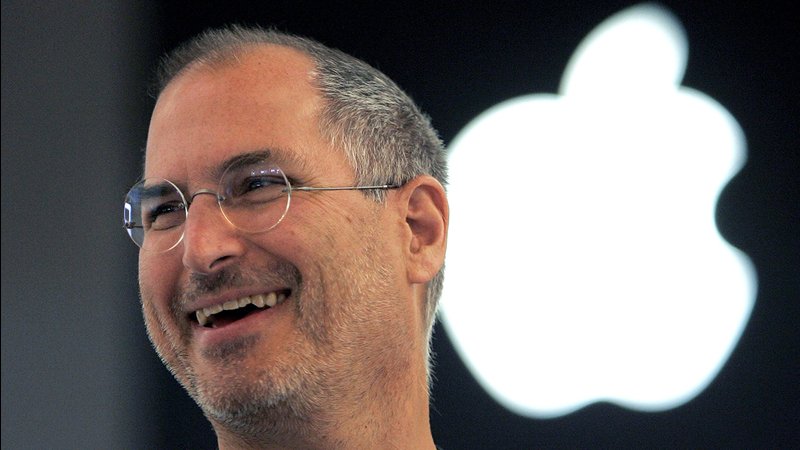Windows XP, launched by Microsoft on October 25, 2001, stands as an iconic milestone in the evolution of Windows operating systems. Renowned for its stability and user-friendly interface, it quickly solidified its place in computing history, often regarded as the most successful version of Windows ever. Over the years, the impact of Windows XP has been profound, influencing personal computing while delivering innovative features that catered to a diverse user base. This operating system seamlessly integrated advancements that redefined how users interacted with their devices, demonstrating a significant leap in Microsoft’s development strategies. As we delve into the history and features of Windows XP, it’s essential to appreciate its enduring legacy and the role it played in shaping the modern digital experience.
When we consider the legacy of Microsoft’s historical operating system, Windows XP, we uncover a narrative rich with innovation and stability. This platform represents a crucial phase in the development of personal computing, showcasing how its user-centric design and revolutionary capabilities made it a favorite among users and businesses alike. The evolution of this system laid the groundwork for subsequent releases, influencing not only competitors but also leading to enhanced performance and security in future software iterations. As we explore its features and the broader impact of this OS, we can better understand why Windows XP remains a celebrated reference point in discussions about technological advancement in the software industry. Join us as we reflect on the remarkable journey of this foundational system.
The Legacy of Windows XP in Operating Systems
Launched on October 25, 2001, Windows XP marked a pivotal moment in the landscape of operating systems. This version brought forth a level of stability that had previously been elusive in the Windows family, effectively setting a new standard against which subsequent operating systems would be measured. The legacy of Windows XP is not just about its long-standing presence; it’s about how it addressed the needs of users with an intuitive interface and dependable performance that fostered trust among its user base. As a result, Windows XP became the foundation upon which Microsoft built future iterations of its operating systems, influencing key aspects of usability and design.
Moreover, the impact of Windows XP extends beyond its functionality. It provided essential improvements in security, which were paramount as the internet began to blossom. The introduction of the Service Packs was a significant element of Windows XP’s evolution, which not only enhanced security features but also added functionality based on user feedback. This pattern of innovation laid the groundwork for Microsoft’s approach in subsequent products, ensuring that user preferences could effectively shape the future of Windows operating systems.
Frequently Asked Questions
What was the significance of Windows XP in the evolution of Windows operating systems?
Windows XP, launched on October 25, 2001, marked a pivotal moment in the evolution of Windows operating systems. It brought unprecedented stability, making it the most successful version of Windows ever. Its introduction also set the stage for future iterations by establishing a solid foundation for innovation in subsequent releases.
What features made Windows XP stand out compared to its predecessors?
Windows XP introduced several standout features, including a user-friendly interface, improved performance, and enhanced multimedia capabilities. The integration of the Media Center Edition and support for various devices, like Tablet PCs, further cemented its reputation as a versatile operating system.
How did Windows XP impact the landscape of personal computing?
The impact of Windows XP on personal computing was profound. It provided a stable and reliable environment that appealed to both consumers and businesses, leading to widespread adoption. Its success influenced the design and functionality of future operating systems, prompting competitors to adopt similar user-friendly innovations.
What can we learn from the Windows XP history regarding software development?
The history of Windows XP teaches valuable lessons about the importance of building on a stable foundation while allowing for innovation. Microsoft’s approach of iterative improvements laid the groundwork for longevity and user satisfaction, a strategy that other software developers can emulate.
How did Windows XP evolve shortly after its initial launch?
Shortly after its launch, Windows XP evolved rapidly with the announcement of the Tablet PC version and the Media Center Edition within weeks. This quick adaptation demonstrated Microsoft’s commitment to addressing diverse user needs, showcasing XP’s flexibility in the growing technology landscape.
What parallels can be drawn between Windows XP and modern operating systems?
Modern operating systems, like macOS, exhibit parallels with Windows XP, particularly in the areas of usability and design. Just as Windows XP innovated through iterative updates, contemporary systems continue to adapt and refine features based on user feedback and technological advancements.
Why is Windows XP still relevant in discussions about operating system design?
Windows XP remains relevant in discussions about operating system design because it set a benchmark for stability, usability, and adaptability. Its legacy influences ongoing development in software design, serving as a case study for balancing innovation with a strong foundational user experience.
| Key Point | Details |
|---|---|
| Launch Date | October 25, 2001 |
| Most Successful Version | Windows XP is regarded as the most successful version of Windows, known for its stability. |
| Long-Term Market Presence | Despite its age, Windows XP remains familiar and relevant in the operating system market. |
| Tablet PC Version | Launched shortly after, this version targets tablet devices. |
| Media Center Edition | Codenamed ‘Freestyle’, introduced in January 2002 to enhance media consumption on PCs. |
| Innovation Through Iteration | Windows XP’s evolution serves as a model for other operating systems, influencing products like Mac OS X. |
| Celebrating a Decade | Windows XP continues to be honored as a significant operating system over the years. |
Summary
Windows XP is celebrated for its remarkable legacy as one of the most stable and successful versions of Microsoft’s operating system. Launched on October 25, 2001, it not only transformed the user experience but also set a benchmark for future operating systems. Despite its long presence in the market, Windows XP has maintained relevance, reflecting both innovation and familiarity – a phenomenon echoed in developments by other tech giants. As we commemorate its ten years in service, it’s clear that Windows XP has left an indelible mark on computing history.



